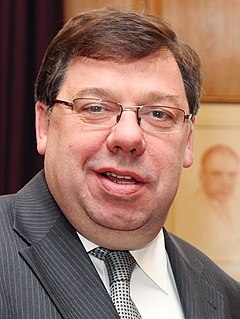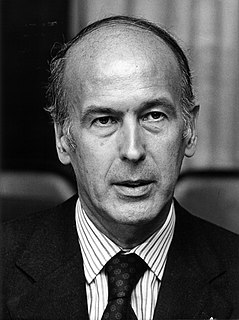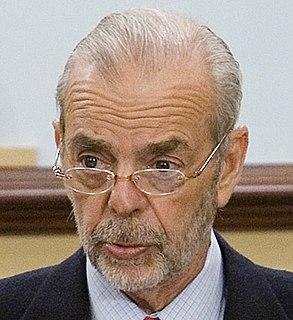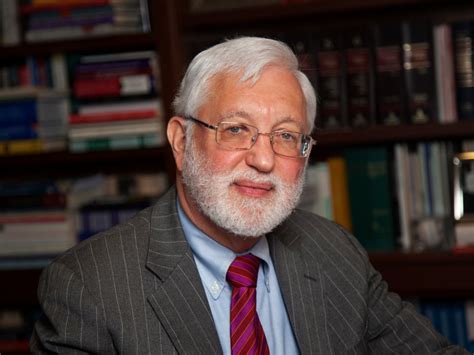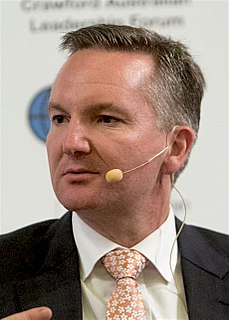A Quote by Brian Cowen
We've seen in terms of the reaction to some proposals in the Budget already how resistant that public opinion is to, first of all, a public comprehension of the new paradigm in which we have to operate; and secondly, to the rationale for the decisions that we're taking and the reason for those decisions to be implemented and followed through.
Related Quotes
But, that’s the whole point of corporatization - to try to remove the public from making decisions over their own fate, to limit the public arena, to control opinion, to make sure that the fundamental decisions that determine how the world is going to be run - which includes production, commerce, distribution, thought, social policy, foreign policy, everything - are not in the hands of the public, but rather in the hands of highly concentrated private power. In effect, tyranny unaccountable to the public.
I think polling is important because it gives a voice to the people. It gives a quantitative, independent assessment of what the public feels as opposed to what experts or pundits think the public feels. So often it provides a quick corrective on what's thought to be the conventional wisdom about public opinion. There are any number of examples that I could give you about how wrong the experts are here in Washington, in New York and elsewhere about public opinion that are revealed by public opinion polls.
Through the plan of prayer, God actually is inviting redeemed man into full partnership with Him; not in making the divine decisions, but in implementing those decisions in the affairs of humankind. Independently and of His own will, God makes the decisions governing the affairs of earth. The responsibility and authority for the enforcement and administration of those decisions, He has place upon the shoulders of the church.
While the apostles of the new so-called "behavioral" theory present ample evidence of how often human beings make irrational financial decisions, it remains to be seen whether these decisions lead to predictable errors that create systematic mispricings upon which rational investors can readily and economically capitalize.
Strategic planning is the continuous process of making present entrepreneurial (risk-taking) decisions systematically and with the greatest knowledge of their futurity; organizing systematically the efforts needed to carry out these decisions; and measuring the results of these decisions against the expectations through organized, systematic feedback.
